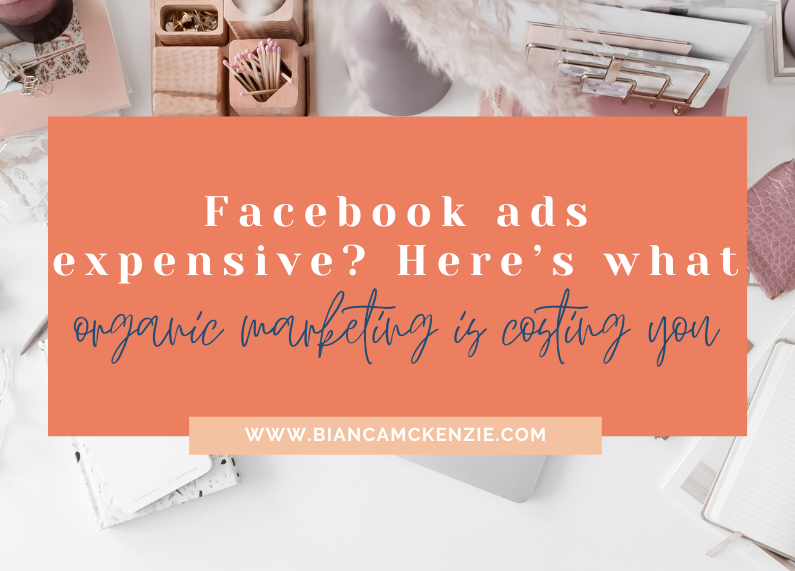
“Facebook ads are expensive and there’s no guarantee that they work for me”.
This is something I hear every day from entrepreneurs around the globe and whilst it’s true, there is no guarantee for Facebook ads returns, it is also proven to still be the most cost effective advertising platform around. Plus there are steps that you can take to increase your Facebook ads success.
So why are so many people hesitant, or downright terrified, to use Facebook ads in their business while they happily spend hours creating organic Facebook posts?
And did you ever notice that there also isn’t a guarantee for returns with your free, organic posts?
Yup, we question the possible returns of Facebook ads but we don’t really give it a second thought when we create free content.
In this post I’m going to illustrate that your free content is costing you just as much, or potentially even more, money as Facebook ads and why you’d be better off putting that money towards Facebook advertising.
Bold statement? Yes, it is.
Facebook Ads vs. Organic Content
Facebook ads are a wonderful tool that can amplify your results, as long as you’re ready to use it in your business.
Not sure how to get ready? Watch my free training video on the 5 Steps to Creating Strategic & Profitable Facebook Ads that Build Your Email List... without overwhelm or wasting money.
I took a few polls in Facebook groups to see how much time people spend each week creating their Facebook page content and most people said that they didn’t spend much time at all. Let’s say you spend 2 hours each week to create, curate and upload content to your Facebook page.
The next question is, how much do you pay yourself per hour?
Let’s pick a modest figure and say that you charge $80 per hour when you work with clients.
When you’re creating, curating and uploading content for your Facebook page each week you are not working with clients for 2 hours, meaning that you’re not actually making an income, yet you are doing work that you’d normally charge $80 per hour for.
So the 2 hours per week of creating, curating and uploading content to Facebook costs you $160.
This might not be something you’ve thought about before, but now that I’ve illustrated it here, how does it make you feel?
Tracking your campaign
The next step is to determine how you are tracking the effectiveness of your Facebook’s page feed and your free content. How will you attract paying clients? How will you measure that they are clients that came as a result of your free Facebook efforts?
Although Facebook insights is wonderful and tells you all sorts of things, it actually can’t give you results on conversions. So, unless you ask your clients how they found you and what made them work with you, you won’t be able to effectively track your ROI and conversions from free Facebook posts.
As a marketer this makes me anxious because conversion tracking is extremely important in business. Knowing your numbers means that you can make better decisions on where to spend your time and money and what type of returns you can expect. It helps you determine which activities are actually making money and which activities you’re better of leaving altogether or outsource to someone who charges a little less than you do.
Talking about money… I’m all for spending some money on Facebook ads to get quantifiable results in your business.
You might not like having to spend money, but as I illustrated above, in a way you already are and you might be wasting it. Time is money and if you’re wasting your time on organic content that isn’t converting (because it’s not easy to track) you’re much better off spending some money on something that can actually TRACK your efforts.
Facebook advertising results vs Organic Content
When you’re running a Facebook advertising campaign there are many things you can track and depending on the goal of your campaign, you can even select optimisation options in Facebook that will support what you are trying to achieve.
For example, if your goal is to grow your list, you can choose a conversion objective in Facebook ads and use methods (the Facebook pixel) to track whether you are actually building your email list as a result of Facebook ads.
Through using the Facebook pixel in the right location, you are tracking the effectiveness of your campaign whilst also using Facebook’s optimisation techniques to ensure that your free offer gets seen by the right people.
If you install other pixels you’re also tracking other metrics such as page views, which you can later use to build a retargeting audience.
When you use a similar approach on your newsfeed and you don’t pay anything to promote your free offer, it is extremely tricky to measure who signed up to your list as a result of your free content unless you put measures in place that will track where every sign up came from. You could achieve this through creating multiple sign up pages for the same offer and tracking them all individually to see how many people clicked on a specific URL and then was taken to a unique ‘thank you’ URL.
The method above is a valid one, but first, it will take you (even more) time to measure this way and secondly, your reach is limited with your Facebook page and your free offer will probably not be seen by that many people, especially not ‘new’ people.
The benefits of Facebook ads vs Organic Content
In my opinion there are many benefits to using Facebook ads in your business to compliment organic content. I am definitely not saying that you should neglect your Facebook newsfeed, I just question the effectiveness of it in growing your business (and list) fast.
Like I said at the start, there isn’t a guarantee for Facebook ads success (but you can definitely take measures to increase your success) and I hope I have shown you that there also are no guarantees for success with your organic posts. Whilst you think you might be using free marketing methods, you are actually paying quite a bit for ‘no guarantees’ and no clear data on ROI. While you’re creating, curating and uploading content to Facebook you are not focusing on income generating tasks and working with clients, so you are paying for ‘so called free’ marketing.
With Facebook ads you are:
1) Getting data on what is and what isn’t working which allows you to either amplify so your business grows faster, or course correct so that you have a better chance of growing your business faster.
2) Optimising for results and align your goal to a specific objective rather than guessing what will work on your newsfeed and who will see your content.
3) Showing your offer to a new audience, rather than hope the right people will see your offer on your page. Since you have no control over who sees your newsfeed content, it could be that your post only reaches a handful of people.
4) With Facebook ads you create your content once, you test it and then spread it far and wide to many audiences (if you choose to select this in ads manager), instead of constantly keeping your newsfeed content fresh because it has a limited time-span before Facebook shows other content to your fans.
The biggest benefit to me is that I have some control over who sees what I have to offer and the speed of sharing my promoted content. Facebook ads amplifies results, so if you have a fabulous opt-in offer, Facebook ads offers the opportunity to reach many more people faster. This means that you’re growing your list and business faster than if you waited for Facebook to show your free posts to your fans.
What can Facebook ads do for your business compared to free content?
- Imagine growing your list much faster?
- Imagine attracting more ideal clients who will pay you for your time?
- Imagine spending less time online and more time with clients?
It’s all possible with Facebook ads, as long as you have solid foundations that increase your chances of success and (almost) guarantee results.


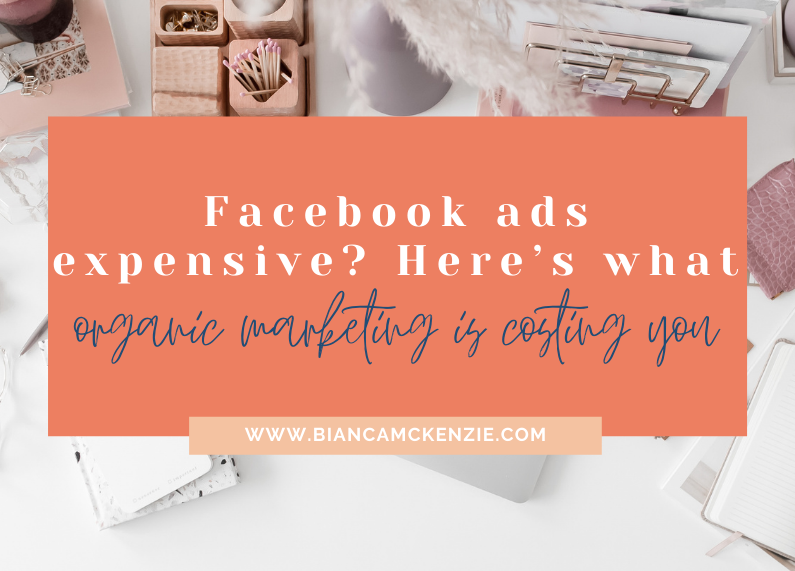


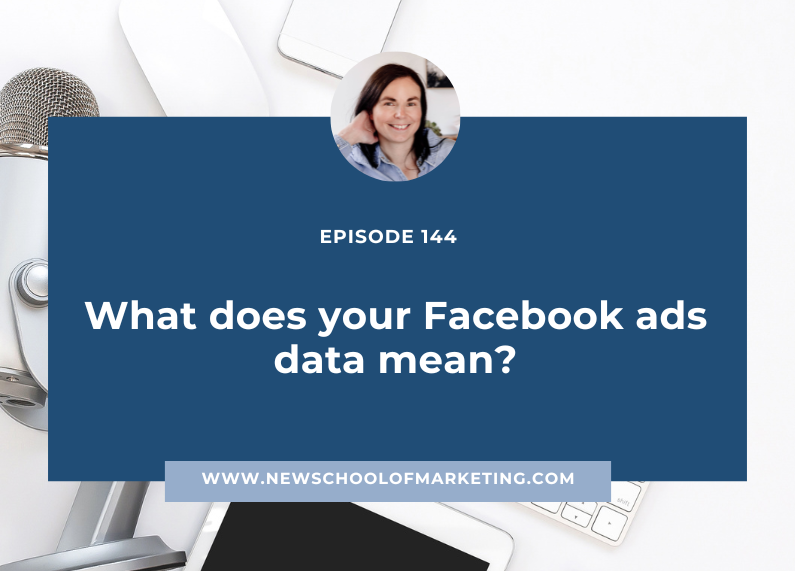
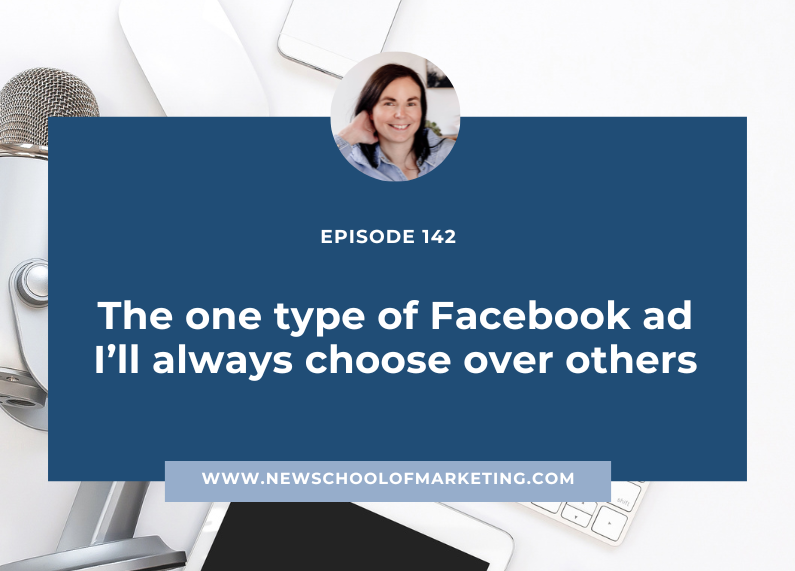
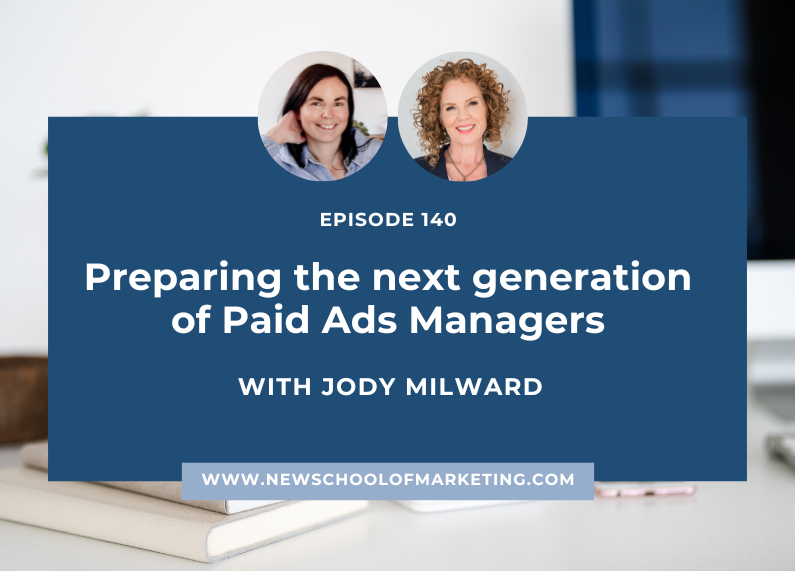
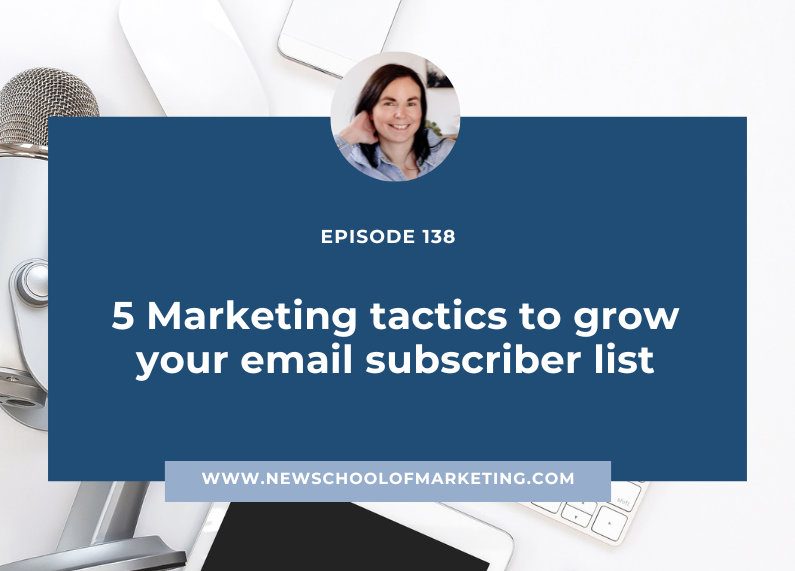
0 Comments